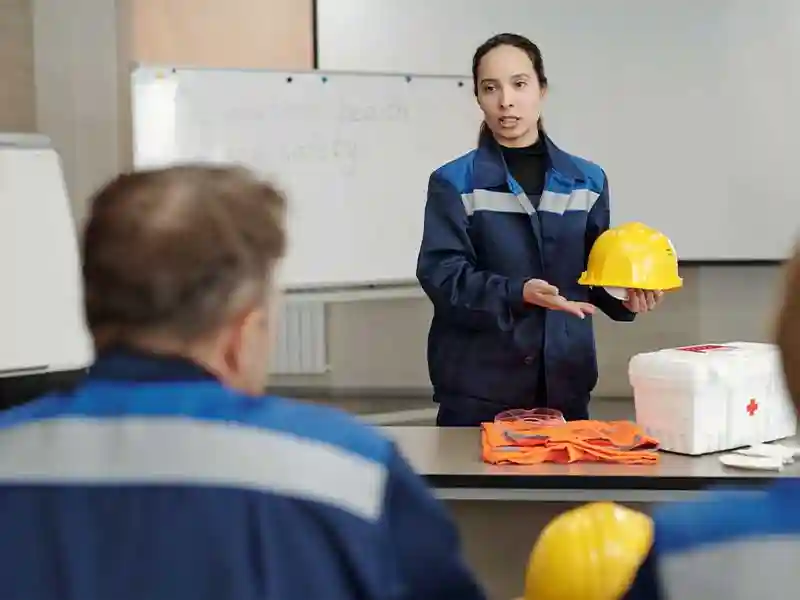
To reduce the environmental impacts of greenhouse gas emissions, and to aid sustainable development, there is a need to support low carbon technologies, especially from renewable sources. The ocean is a vast and largely untapped energy resource, which can potentially supply the global electricity demand. Therefore, an emerging eld of the marine renewable energy industry has initiated, and such expertise is increasingly on-demand. Recently, a coordinated strategy for developing inter- Disciplinary ocean renewable energy program at URI has been formed to promote research and education in this area (Ocean Renewable Energy Cluster). This course can serve as a stepping stone for graduate/undergraduate students from various disciplines, who are interested in the technical and environmental aspects of ocean renewable energy. It applies knowledge they have learned across multiple courses in an exciting new area.

Alliances in business are a natural route for development – but not all contracting relationships can truly be seen as alliances. A good, trusting and open relationship is essential for a long-term and successful alliance – and this needs to be practiced by the negotiators involved. Negotiation is inevitably at the heart of every process to achieve what you want, whether in an agreement, bargaining for an item, or closing a deal. At the end of each negotiation, the goal is to seek a win/win outcome – an essential characteristic of long-lasting alliances. This course provides an essential framework for effective negotiation — which will be vital for building and exploiting an alliance - from building the relationship, critical thinking to prioritize goals

This conference is designed to provide participants with an understanding of job analysis and job evaluation. Participants will consider how jobs are analyzed and how job evaluation can be applied to the design, development, and implementation of pay and grade structures. Participants will also explore how different compensation systems can be applied to pay and grading structures and in particular the link with broader issues of employee motivation.

This course provides an understanding of the structure, contents, and applicability of the Occupational Safety and Health Administration (OSHA) standards.

This training course provides deep knowledge of corrosion and focuses on the examination and identification of metallurgical problems that occur in process units and methods of monitoring and damage reduction. The equipment costs are a considerable part of the investment in the petrochemical and water industry, and for long-distance, large-diameter pipelines, they can become prohibitively high if the corrosivity of the fluid necessitates the use of corrosion-resistant alloys instead of carbon steel. Better understanding and control of the corrosion of carbon steel can increase its application range and therefore have a large economic impact. Corrosion Control is an essential requirement in Oil & Gas activities. It utilizes the application of engineering principles and procedures to minimize corrosion to an acceptable level by the most economical method. It is rarely practical or economical to eliminate corrosion completely and in practice, one or more of the following methods would be applied. Corrosion monitoring provides an early warning that damaging processes or conditions exist which may result in corrosion-induced failures. Moreover, it indicates the correlation of changes in process parameters and their effect on system corrosion. Corrosion Monitoring is essential to evaluate the service life of pipelines and to detect when would be the nearest replacement/shutdown

This highly participative seminar will help you to develop your leadership skills to lead others in times of crisis, pressure, and stress. You will obtain the latest insights into what makes a leader able to manage themselves and others during times of crisis. The best way of dealing with a crisis is to avoid one in the first place. But if crises are inevitable due to a growing number of factors then your business needs to identify their vulnerabilities and map out possible crisis scenarios. By applying these skills to the tasks and challenges you face in your work, you will begin to experience breakthroughs you never thought possible.

In every organization, the effective expenditure of enormous sums of money and resources is dependent on successful contract management activities. Selecting the appropriate contracting models and creating and managing formal agreements with suppliers of goods and services requires not only a complete understanding of the business requirements and organization needs but also depends on keeping up-to-date on contracting.
.webp)
Developed and published by the International Organization for Standardization in 2021, this standard provides guidance for establishing, developing, implementing, evaluating, maintaining, and improving an effective and responsive risk-based compliance management system within an organization. The guidelines on compliance management systems are applicable to all types of organizations. The extent of the application of these guidelines depends on the size, structure, nature, and complexity of the organization. ISO 37301 is based on the principles of good governance, proportionality, transparency, and sustainability

Event marketing is the experiential marketing of a brand, service, or product through memorable experiences or promotional events, it typically involves direct interaction with a brand's representatives. It should not be confused with event management, which is a process of organizing, promoting, and conducting events, event marketing uses emotions and is based on the fact that people remember what they are experiencing.